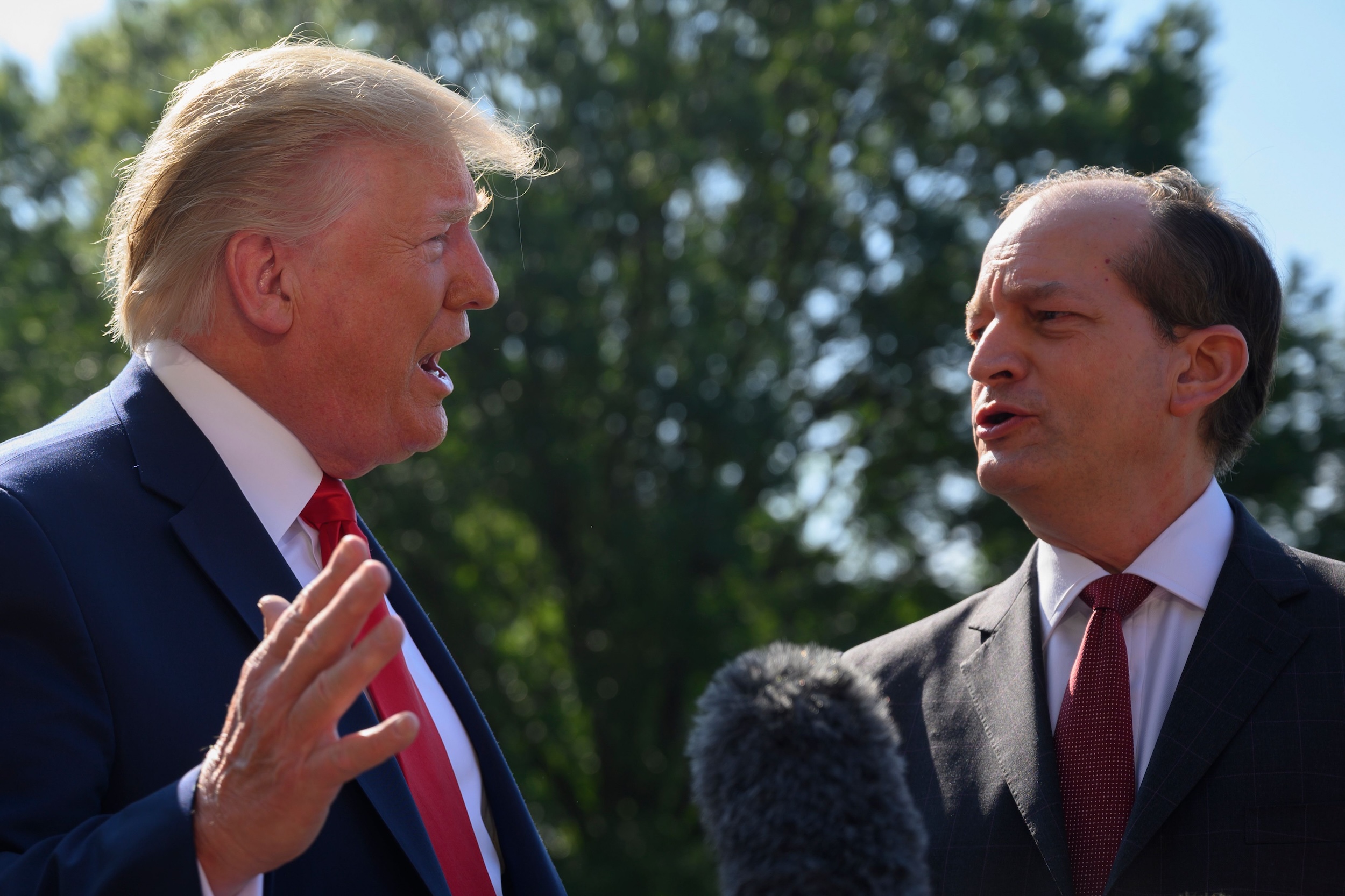By Alexander Acosta
The House of Representatives recently held a hearing that explored strengthening American manufacturing, specifically in the medical space. The congressional inquiry echoed President Donald Trump’s “Made in America” agenda, which intends to ramp up domestic production of everything from cars and trucks to iPhones and computer chips.But as this new landscape takes shape, returning to “peak” American manufacturing should not necessarily be the goal. The world looks very different today than it did in the 1970s, and so does our labor force. Policymakers should focus on making targeted investments鈥攄riven by smart tax incentives and reduced regulatory barriers鈥攊n key sectors that will help the country meet the strategic demands of the 21st century.President Trump has made it clear he will provide incentives to American companies willing to reshore operations closer to home. But two sectors in particular鈥攏ational defense and health care鈥攔equire the most attention. That’s because both are foundational to the country’s long-term stability and resilience, yet remain concerningly reliant on foreign supply chains that are vulnerable to disruption and manipulation.Take semiconductors. These chips power everything from smartphones to fighter jets, yet the vast majority of production occurs overseas in places like Taiwan. With COVID-19’s supply chain disruptions fresh in our memory and China’s growing hostility toward Taiwan, America should not be dependent on troubled areas for the technologies that underpin our defense systems.The same applies to shipbuilding and aerospace. In April, President Trump signed an executive order to restore American maritime dominance by boosting domestic vessel production. The initiative not only reinforces our national defense infrastructure; it also presents a major opportunity to revitalize America’s skilled labor force by bringing thousands of high-quality manufacturing and engineering jobs back to coastal and heartland communities alike.Such a large-scale effort would rely on smaller manufacturers to supply key components and materials. Large manufacturers currently take up that spotlight. (The recent deal brokered between U.S. Steel and Nippon Steel is a prime example.) But for every large manufacturer willing to take part in the “Made in America” campaign, ten smaller manufacturers are lining up at the door.Connecting small manufacturers to procurement pipelines鈥攁nd reducing the regulatory burdens they face鈥攚ould unleash a new level of innovation and coordination across the country.Just as national defense requires a robust industrial foundation, so too does our health care system. In fact, a strong health care system is itself essential to protecting and defending the nation. The inevitable vulnerabilities of diversified global supply chains, coupled with China’s focused efforts to invest in its own biomedical industries, leaves Americans exposed when diplomatic relationships sour or global crises strike.Fortunately, the U.S. already has the infrastructure to bring pharmaceutical manufacturing home. States like Indiana, North Carolina, Ohio, and Pennsylvania are established industry hubs. Meanwhile, the U.S. territory of Puerto Rico鈥攚hich currently boasts the second-largest pharmaceutical manufacturing output in the country鈥攈as long supported large-scale medicine production and is poised to continue to do so.Incentivizing further investment in these areas must remain a top priority for the Trump administration. The White House’s recent executive action to reduce regulatory barriers for pharmaceutical companies reshoring their operations is a strong start鈥攂ut it shouldn’t stand alone. The budget reconciliation package, now advancing in Congress, presents a key opportunity to pair these efforts with targeted, pro-growth tax incentives.Cutting government red tape and lowering taxes can lay the foundation for a new golden age of American manufacturing.Rebuilding American manufacturing, an idea with strong national support, is rightly a focus of President Trump and his allies in Congress. But rather than spreading resources thin to cast a wide net that lightly lifts production across the board, policymakers should focus their energy on restoring the production capacity of sectors critical to national security and Americans’ health.Alexander Acosta served as the 27th United States Secretary of Labor from 2017 to 2019.The views expressed in this article are the writer’s own.
